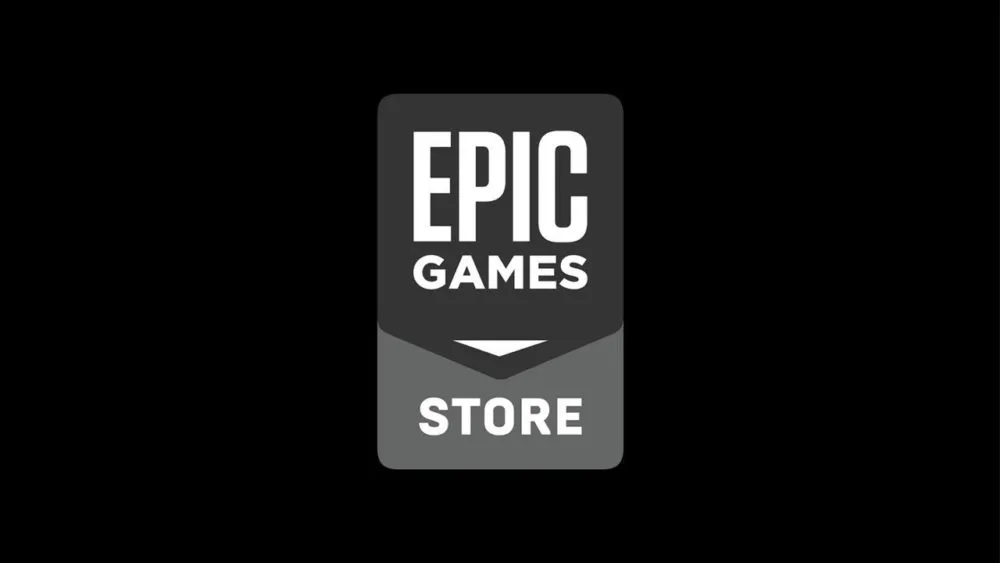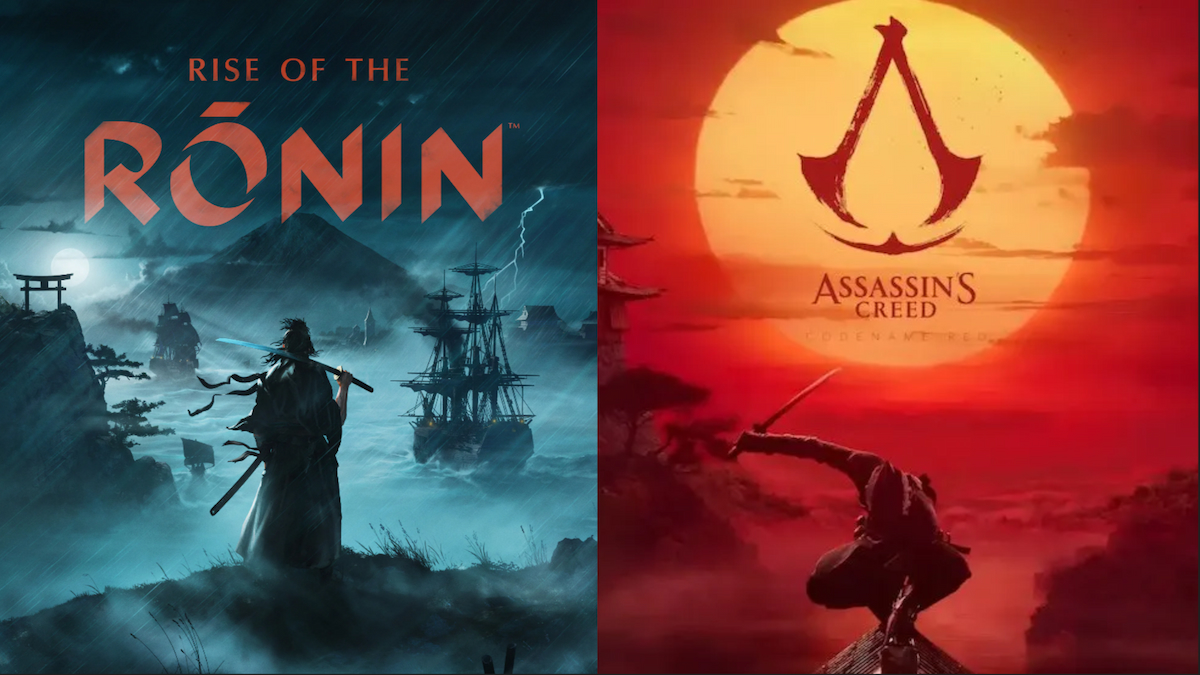Epic Games seems to be the center of attention these days since it’s snagging limited-time exclusivity for many anticipated games. Control, Satisfactory, The Outer Worlds, Phoenix Point, and Borderlands 3 are just a few titles that will be released on PC through the Epic Games Store instead of on the bigger digital storefront that is Steam.
Even though they will release on Steam six to 12 months after the Epic Games Store launch, this limited exclusivity has caused quite the dispute.
This controversy has ignited a new console war of sorts, but instead of gamers arguing why Super Mario is superior to Sonic or vice versa, they are calling for boycotts and review bombings. Many gamers are convinced Epic Games Store exclusivity, limited as it may be, is a betrayal of some kind.
Me? I’m convinced this limited exclusivity is the kick in the tushy Valve needs to step up its game.
Let’s start at the beginning and tackle how Epic convinced publishers and developers to give them limited Epic Games Store exclusivity for some games: money. It’s common knowledge that Epic offers companies a bigger revenue cut than Valve.
Instead of snagging 30% of the profits from sales through the Epic Games Store, Epic only claims 12%. Quite frankly, it’s a smart business decision to sell a product through a distributor that lets you keep more revenue.
All things being equal, I would make the same choice myself. But all things aren’t equal. Not by a long shot.
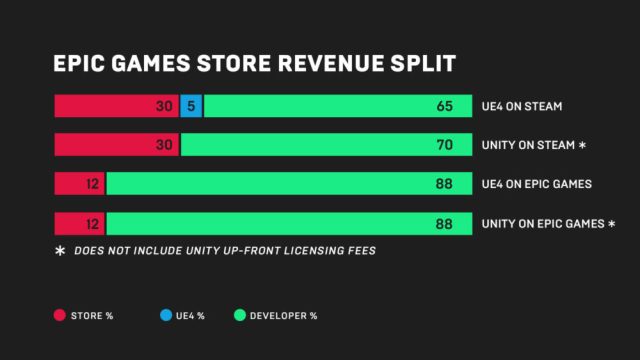
Not only does Epic promise a bigger slice of the pie, but apparently the company pays studios for exclusivity. A Q&A video with Satisfactory developer Coffee Stain Studios confirmed they got “payment for the exclusivity deal.”
And, when Epic doesn’t pay up front with cash, it offers revenue guarantees. In other words, Epic promises a game will sell X copies for Y revenue, and if projections fall short, Epic will make up the difference with money from its own pocket.
Epic Games founder Tim Sweeny confirmed in a Reddit thread the company uses revenue guarantees, as well as marketing commitments and additional development funding, to convince studios to give the Epic Games Store limited exclusivity.
Again, this exclusivity sounds like the perfect deal on paper. However, reality is a fickle mistress, as evidenced by the backlash and the threats of boycotts and review bombings. So, why are so many gamers having a conniption over deals that seem to benefit the developers behind these anticipated titles? Several reasons.
Some of these Epic exclusivities are at odds with developer promises. For example, Phoenix Point was backer funded, and backers were promised Steam and GOG keys. Many backers took the news that Snapshot Games would delay the Steam and GOG versions for a year in favor of the Epic Games Store as a veritable slap in the face.
Some redditors are even accusing Snapshot of conning them. It’s one thing for a studio to stop developing a version of a game for a discontinued console in favor of its successor (coughBloodstainedRitualoftheNightfortheWiiUcough), but it’s another thing for a studio to develop a crowdfunded game, promise to release the game on certain platforms, and go back on that promise once it receives funding from a large company.
However, many gamers are angry because these exclusive deals are available through an objectively inferior platform. The Epic Games Store is about as bare-bones as you can get. No reviews, no forums, no cloud saves, not even a shopping cart (which is confusing since the Unreal Engine section of the store includes a cart).
The client doesn’t even verify email addresses when people create accounts. Granted, Epic plans to implement the above features later, but right now, companies are agreeing to publish their games exclusively on a platform that lacks the most basic of basics, even if for no more than a year.
This situation reminds me of when Gearbox teamed up with G2A, a game key reseller marketplace accused of selling keys obtained through fraudulent means. That’s just asking for bad publicity, and gamers have been more than happy to oblige.
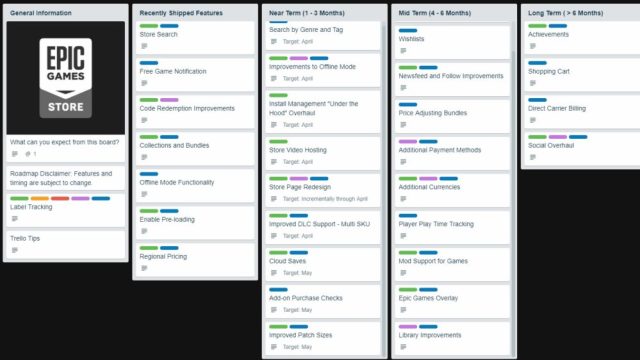
The math is obvious. A lack of features plus no basic account verification safety steps equals a lack of customers/profits compared to other digital distribution platforms.
And yet, publishers are charging full steam ahead, no pun intended, with Epic Games Store exclusivity, which raises the question why these companies are publishing games exclusively through a digital distribution platform that is maligned by gamers. Well, even though Steam has more features and a larger fan base, it has a bad reputation among some developers.
While many gamers love Steam for convenience features that let them find popular, well-reviewed titles, these very features are a sore spot for several developers.
According to the Polygon article, Steam developers speak: Maximum profits for Valve, minimum responsibilities, the lauded review system is a nightmare for game studios since it takes “just three, four, maybe five” negative reviews to screw over a game’s rating, which results in a dip in sales, and that’s just the tip of the iceberg.
Apparently, Steam’s regional pricing causes more problems than it solves and can accidentally discount a game up to 60%, depending on exchange rates.
Steam’s developer woes don’t end with the platform’s features, though. I’m sure you all remember Steam Greenlight. Originally, it was designed to let indie developers get their foot through the door and publish their games on Steam.
While Greenlight helped give a podium to now-titans of the indie scene like Toby Fox (Undertale) and Scott Cawthon (Five Nights at Freddy’s), the program was also responsible for the abject failure that was The Slaughtering Grounds, the tone-deaf and mediocre Hatred, and even a few offensive and homophobic titles.
Even though Greenlight bowed out several years ago, its replacement did little to stem the overwhelming flow of games onto Steam.
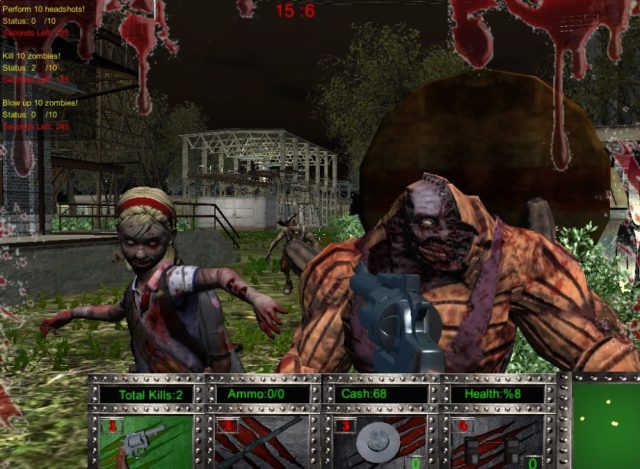
Valve takes a hands-off approach with Steam and hopes the platform will moderate itself, which has resulted in a deluge of titles that soured many developers’ opinions of the platform.
Steam is so over-saturated with new releases that many quality games are drowned out by a cacophony of mediocrity. Smaller indie studios seem to have a better chance of success on consoles like the Nintendo Switch than through Steam.
Steamworld Dig 2, for instance, sold anywhere between five and 10 times as many copies on the Switch than on Steam, which might explain why the next Steamworld game, Steamworld Quest: Hand of Gilgamech, is coming to Switch first.
Meanwhile, the studio behind Blossom Tales: The Sleeping King, Castle Pixel, was ready to file for bankruptcy because Steam sales were so low, but then the Switch version sold 20 times better than the Steam version and saved the company.
To help you visualize the situation, the Nintendo Switch sold over 32 million units, but Steam clocks in at a whopping 90 million users. How does a game prosper on the Switch but flounder on a digital platform that is three times as prevalent?
That, my friends, is a sign something is wrong with Steam, a sign some companies view as a cue that publishing on Steam isn’t as financially viable as we’d like to believe.
However, for all the ambivalence developers have towards Steam, many gamers still swear by the platform, myself included. According to Steam Charts, games such as DOTA 2 and PlAYERUNKNOWN’S BATTLEGROUNDS, Counter-Strike: Global Offensive, Tom Clancy’s Rainbow Six Siege, and Warframe attract hundreds of thousands of players every day.
Sometimes, DOTA 2 and PUBG breach the million concurrent player mark. Even though some studios can’t find an audience in Steam, the platform clearly attracts legions of loyal gamers.

What we have is a bit of a mess. Gamers love Steam because it offers features that make shopping easier, but PC gamers dislike the Epic Games Store because it doesn’t include those features.
Meanwhile, developers hate Steam because it’s filled with too many games, and its features apparently do more harm than good, but game studios love the Epic Games Store because Epic Games promises guaranteed revenue.
If Valve wants Steam to remain relevant, it needs to transform the platform into a digital storefront that appeals to gamers and developers alike.
To counter Epic Games from basically poaching potential future games, it’s time Valve abandoned its hands-off approach. The company needs to start properly curating Steam and cut down on clutter.
Valve needs to thoroughly test every game it sells on Steam to make sure each title works properly and isn’t a glorified asset flip. The more Valve injects a level of quality into Steam, the more publishers might reconsider Epic exclusivity in favor of a place at Steam’s table.
Of course, proper curation takes money, which Valve has plenty of. However, Valve should probably start developing more games to ensure it doesn’t run through its savings while improving its storefront. Maybe Portal 3 or a new official title set in the Half-Life universe, something to wash the taste of Artifact out of our mouths.
One reason Epic Games can attract publishers with guaranteed revenue is it still makes games and sells them (or at least their microtransactions) for a profit. The studio is coming out with Battle Breakers and Spyjinx , and Epic might resume work on Unreal Tournament eventually.
As for Valve, it isn’t developing anything. It’s publishing In the Valley of Gods, but that’s an indie game developed by a studio that was acquired by Valve. If the company starts making new proprietary games, it can earn extra revenue that could attract studios to publish through Steam, possibly with the promise of revenue guarantees.
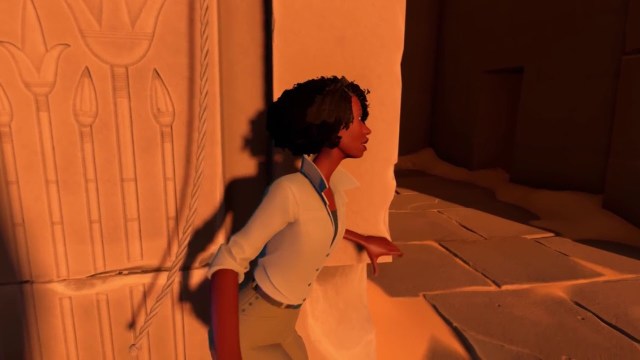
Moreover, since money is a major factor, Valve might have to bite the bullet and lower its royalty fees. Many publishers are seemingly attracted to the Epic Games Store because of the 12% revenue cost to publish on the store, so maybe it’s time Valve charged less than 30%… and fix its regional pricing issues.
These are only a few ideas, but any one of them could possibly turn things around for Valve.
Thanks to Epic Games Store exclusivity, PC gaming is at a crossroads. Even though the Epic Games Store is in its infancy, it is making waves throughout the gaming community and affecting the resident king. Since Valve relies on selling games through Steam to stay afloat, Epic Games Store exclusives, limited or otherwise, will impact the company.
Because of Epic, Steam cannot continue to exist as it once did. If Valve doesn’t make some serious changes, Epic Games will continue to snatch up Epic Games Store exclusives, and no amount of customer boycotts or review bombing will stop them. Eventually, these exclusives could be Steam’s death knell, which is why Valve needs to adapt and fast.

